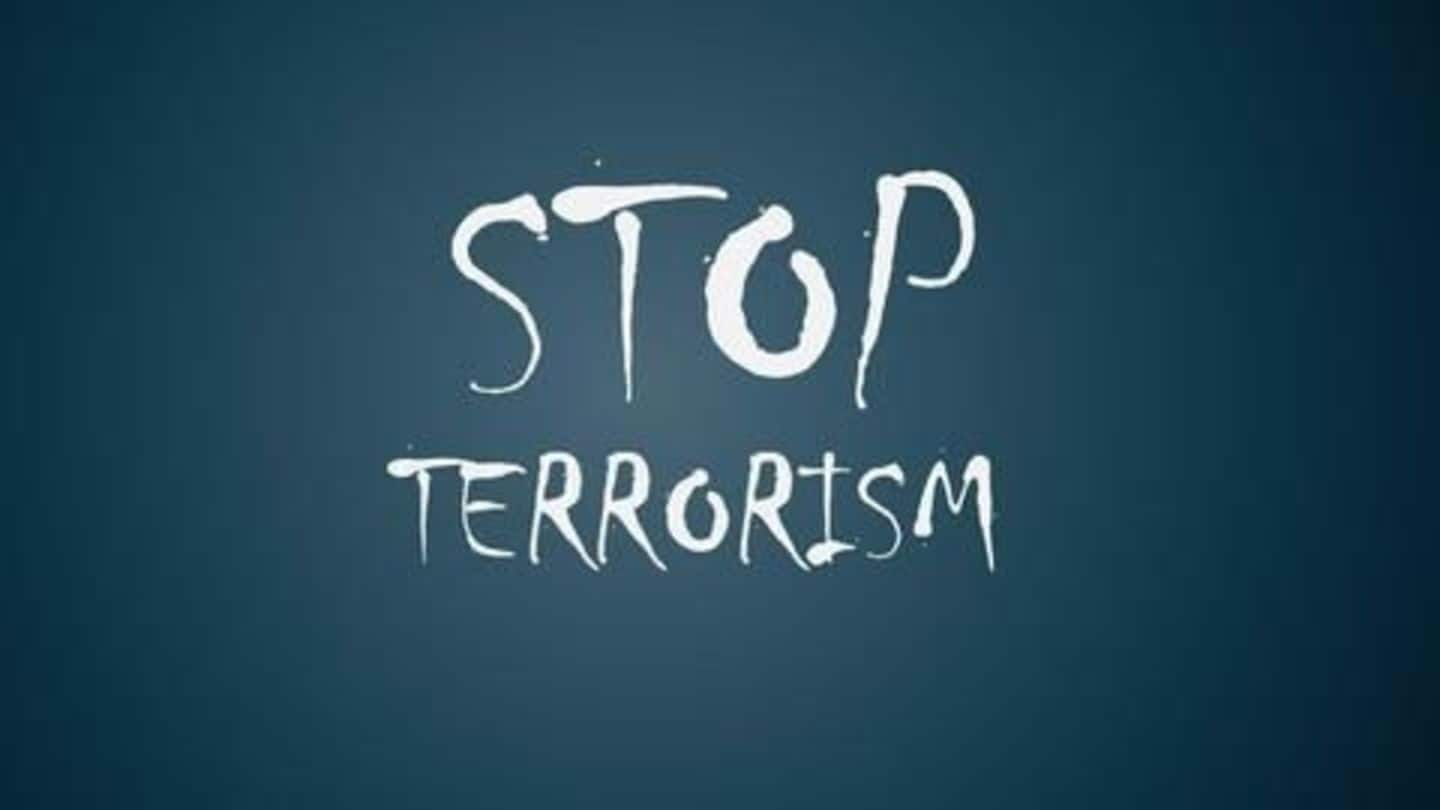
India is third largest target for terrorism: US State Department
What's the story
New data from the US State Department ranks India third behind Iraq and Afghanistan as a terrorist target. The figures indicated that India suffered 927 out of 11,072 attacks that occurred worldwide in 2016, 16% more than 2015 figures. Surprisingly, India is also ahead of Pakistan with respect to injuries and fatalities resulting out of terror attacks. Let's know more on this!
Worldwide trends
Increase in number of groups, dip in death rate
While the report for 2015 identified 288 active groups, 334 groups were identified as perpetrators of terror attacks in 2016. Further, the number of attacks and deaths recorded a 9% and 13% decline from 2015. The report noted that, "This was largely due to fewer attacks and deaths in Afghanistan, Syria, Nigeria, Pakistan and Yemen," countries which contribute to 75% deaths from terror attacks.
Figures
What did the report reveal about India?
According to the report, more than half of terror attacks in 2016 were concentrated on the states of Jammu & Kashmir, Manipur, Chhattisgarh and Jharkhand. While J&K recorded a 93% increase in terror attacks, Naxals contributed to over two-thirds of total terror attacks in India. The report further noted that India has a high perpetrator diversity with over 52 active groups.
Data
What do the Indian figures suggest?
Home Ministry figures for 2016-17 reports a 54.81% increase in attacks in J&K. Further, according to NCSTRT data, 73% of terrorist attacks in 2016 were non-lethal and estimated to have resulted in 0.4 deaths in India, compared to the world average of 2.4.
Inquiry
Why is India under the terror radar?
India has had to deal with cross border terrorists operating from safe havens in Pakistan-occupied Kashmir who have also been triggering sporadic attacks in the Kashmir valley. Moreover India is presented with a serious challenge from Naxals, who have been termed the 'third most deadly terrorist organization in the world' after ISIS and Boko Haram. CPI (Maoist) has reportedly orchestrated 336 attacks in 2016.
Information
How effective is the Modi government's counter terrorism strategy?
Going by the assessment that openness to negotiations signals weakness, the government has adopted a tough stance against terrorism, concentrating on security operations and political outreach. Is refraining from negotiations work in favour of or against long-term peace? We leave it to you to decide.